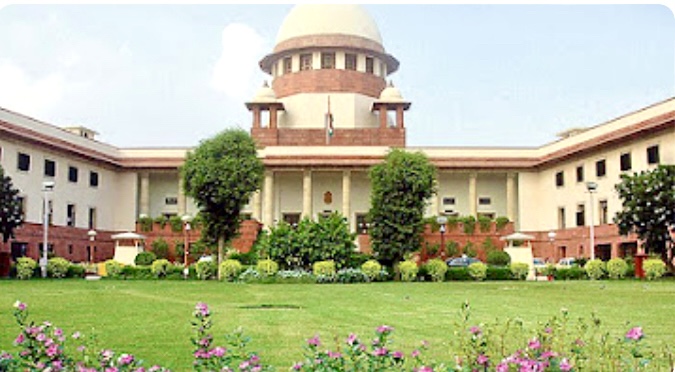The Supreme Court has summoned chief secretaries and finance secretaries of 21 states and UTs, including Rajasthan for failing to clear the arrears of revised salary and pension of judicial officers as per recommendations of the second national judicial pay commission.
“Though seven opportunities have been granted to the states, it appears full compliance has not been effected,” said a three-judge Bench led by CJI DY Chandrachud, directing them to remain personally present before it with compliance affidavits on August 23, the next date of hearing.
We know how to extract compliance now. If we just say that the chief secretary will be present if the affidavit is not filed, then it will not be filed. We are not sending them to jail, but let them be here and then an affidavit will be submitted. Let them be personally present now,” it said.
“The chief secretaries and finance secretaries have to be personally present. Failing compliance, the court will be constrained to initiate contempt,” warned the Bench that also included Justice JB Pardiwala and Justice Manoj Misra.
The other 20 states/UTs whose chief secretaries and finance secretaries have been ordered to personally appear before it are: Delhi, Punjab, Haryana, Himachal Pradesh Jammu and Kashmir, Jharkhand, Madhya Pradesh, Chhattisgarh, Kerala, Tamil Nadu, West Bengal, Orissa, Manipur, Meghalaya, Sikkim, Tripura, Assam, Arunachal Pradesh, Nagaland and Mizoram.
Expressing strong displeasure over the failure of states to implement the recommendations of the Second National Judicial Pay Commission, the Supreme Court Bench made it clear that it would not grant any further extension.
The order came after amicus curiae K Parmeswar apprised the Bench of the latest status on the implementation of the commission's recommendations that covered pay structure, pension and family pension and allowances, besides dealing with the issue of establishing a permanent mechanism to determine subjects of service conditions of the district judiciary.

The BuckStopper, run by a group of seasoned journalists, holds the powerful accountable. The buck stops with them, as they cannot shrug off their official responsibilities.



